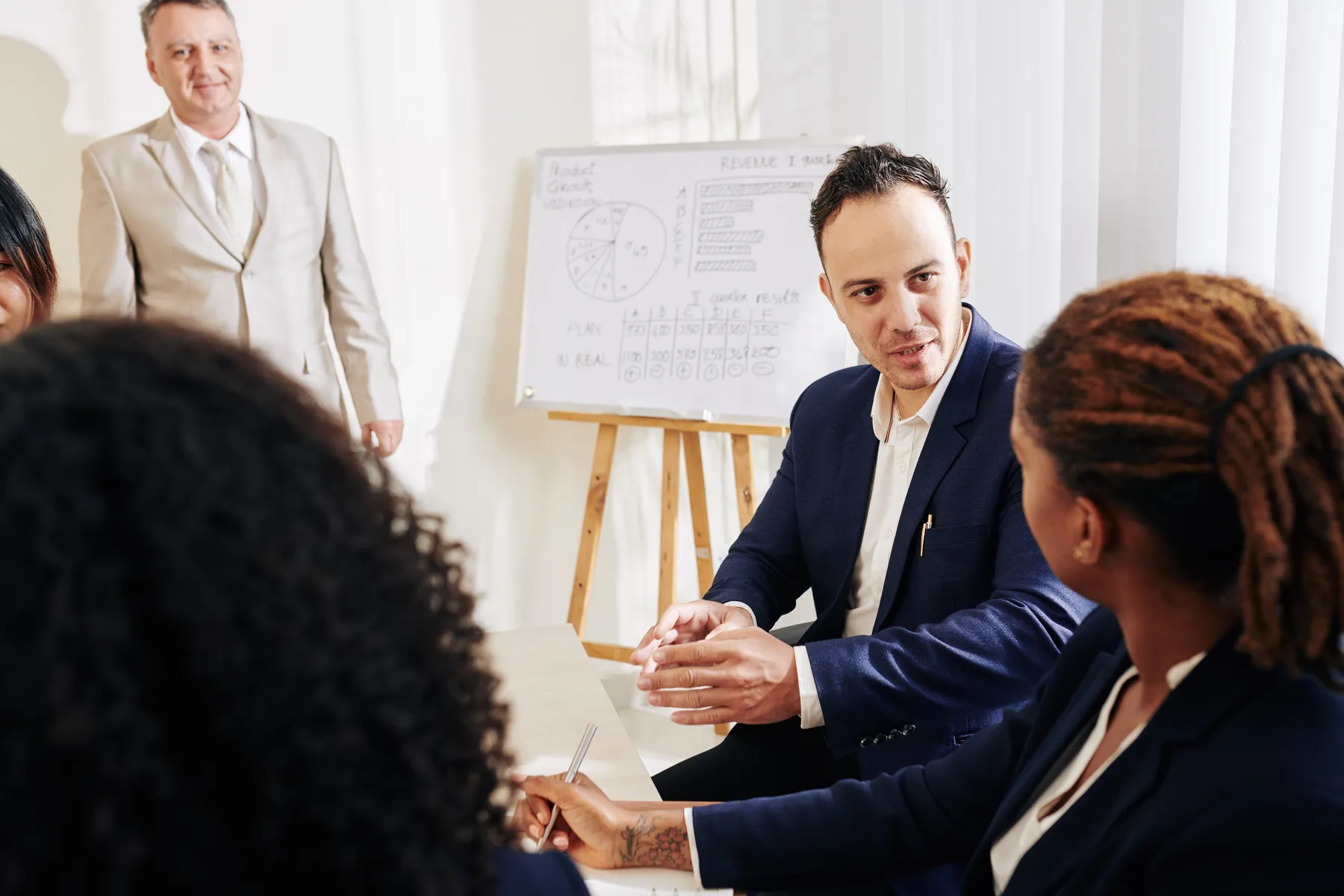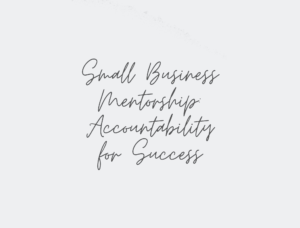Introduction
Personal development skills are something you work on to understand yourself better, discover your talents, enhance your quality of life, and achieve your goals and dreams. These skills are the building blocks of a happy life, so you can’t say enough good things about them. There are some skills that everyone should work on to live a better, happier life. This book will talk about them.
I’d like you to please read more about International Skills Development.
Self-Awareness
Understanding Emotions:
Self-awareness is knowing your feelings, what makes them happen, and how they change how you think and act.
Identifying Strengths and Weaknesses:
As part of being self-aware, we know our strengths and flaws. We can improve our skills and work on what we need to improve.
Recognizing Values and Beliefs:
What we believe and value shapes what we do and how we act. Awareness of them helps us ensure that our lives align with what’s important to us.
Understanding our Patterns:
We all do things that we do over and over again in different places. Being aware of these can help us change for the better and make our relationships better.
Acknowledging our Desires and Goals:
To plan our next steps and work hard to reach our goals, we must know what we want and want to achieve.
Emotional Intelligence
Mastering Self-Regulation:
Emotionally intelligent people know how to deal with and control their emotions, like anger or worry, so they don’t let them affect what they do or decide.
Improving Social Skills:
Emotional intelligence means improving social skills like getting along with others, communicating, and working together.
Practicing Empathy:
Emotional intelligence means being able to understand and share other people’s thoughts. It helps us connect with other people better.
Motivating Self and Others:
Intelligent people with emotions are self-motivated and can also inspire others. It would be best if you had this trait to grow as a person and a boss.
Handling Relationships:
Managing relationships well by learning to compromise and solve problems is a big part of emotional intelligence.
Goal Setting and Planning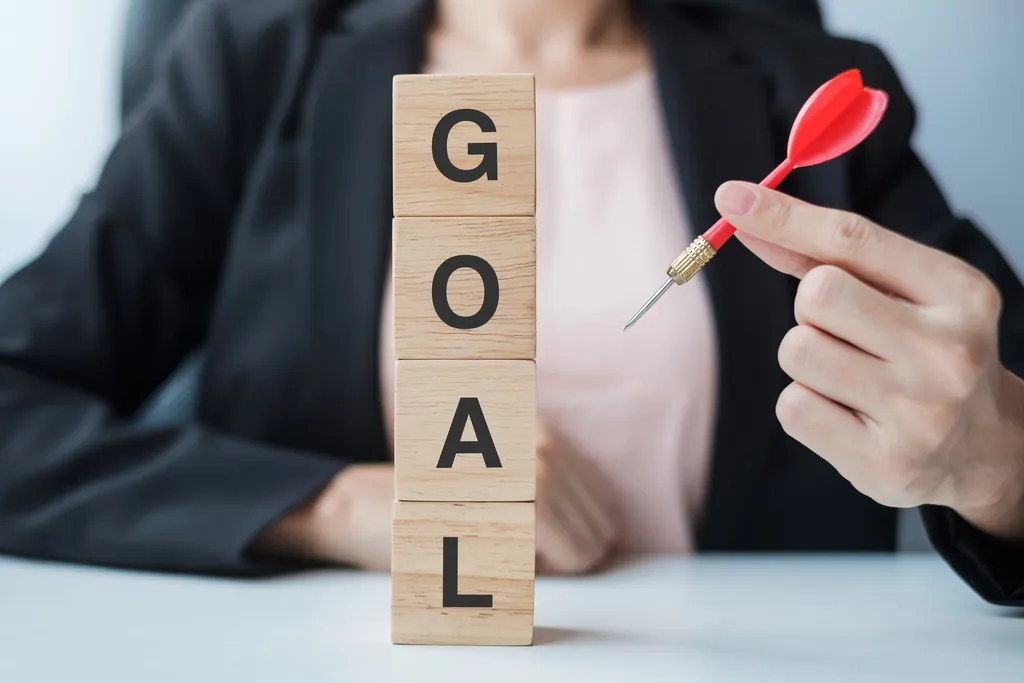
Setting SMART Goals:
SMART stands for clear, measurable, achievable, relevant, and time-bound. SMART goals can help us focus, get things done, and improve our chances of achieving our goals.
Long-term VS Short-term Goals:
You should know the difference between short-term and long-term goals. We set long-term goals that tell us what we want to do and where we want to end up. Short-term goals help us get there.
Prioritization:
Putting our goals in order of importance helps us focus on the things that matter the most. We can use our time and resources more efficiently, and it also makes us feel less worried.
Action Planning:
We can reach our goals with the help of a plan. If you break the goal down into smaller tasks that you can handle, you can write down the steps you need to take to finish each one.
Continual Review and Adjustment:
Our plans may change over time. Making and reviewing changes ensures they align with our long-term goals and ideas.
Positive Thinking and Resilience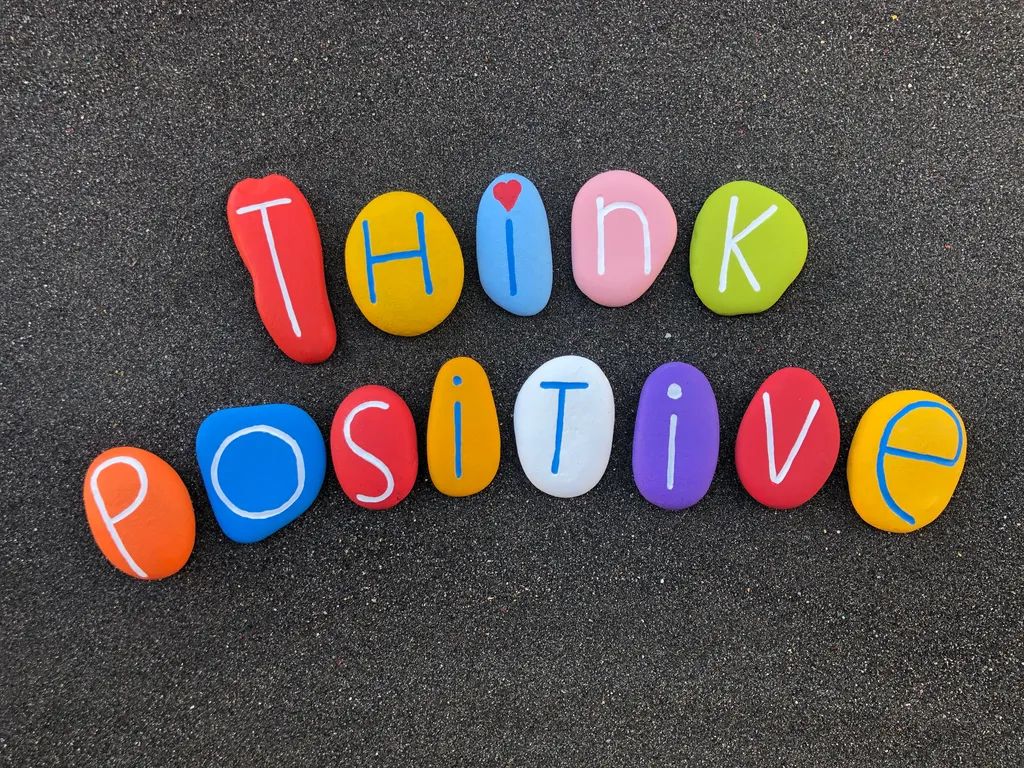
Practicing Positivity:
A good mood is a big part of getting better as a person. This means always having a good attitude and finding the good in things, even when things are bad.
Building Resilience:
Being assertive means that you can get back up after something terrible occurs. It helps us handle stress, get through tough times, and get used to new things.
Maintaining a Gratitude Attitude:
When we say “thank you” often, we can stop focusing on what’s wrong and start noticing what’s right. This activity makes people feel better and happy.
Using Positive Affirmations:
Good affirmations can help you eliminate evil thoughts that hurt you. They have the power to alter our lives and thoughts.
Practicing Mindfulness:
Being fully present in the present moment means not judging our thoughts, feelings, or actions. It makes people happy and more robust by helping them accept themselves.
Effective Communication
Listening Actively:
Active listening includes focusing, understanding, responding, and remembering what is said. It is one of the most important skills for getting your point across.
Expressing Clearly:
When ideas and thoughts are put into words in a clear and effective way, it’s more likely that the message will be understood and carried out.
Using Non-Verbal Cues:
A lot of the time, body language, facial expressions, and movements are better ways to show how you feel than words.
Giving and Receiving Feedback:
For growth and progress to happen, they need to hear helpful comments. It’s just as important to hear feedback and act on it in a good way as it is to be able to give feedback.
Respecting Differences:
To communicate clearly, you need to be able to understand and accept that different points of view exist. This, in turn, helps to create an environment where everyone feels welcome and respected.
Time Management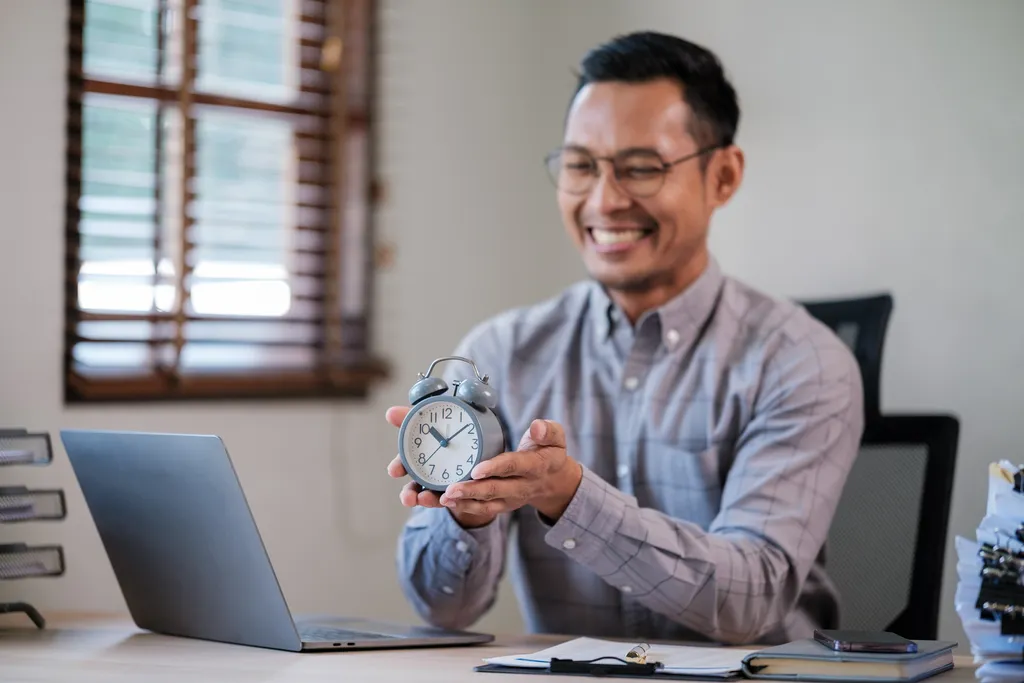
Prioritization:
Setting goals for tasks is an essential part of managing your time well. Because of this, it’s easier for us to focus on important jobs that help us reach our goals.
Scheduling and Deadlines:
Setting a plan and due dates can help create a structure that encourages productivity and discourages procrastination.
Avoiding Multitasking:
Contrary to what most people think, doing too many things makes you less productive. Focusing on a single job can help them get more done and do better work.
Breaks and Downtime:
To stay on task and get things done, it’s essential to take breaks and rest. They help you think of new ideas and keep you from getting bored.
Leveraging Technology:
You can make the most of your time with many tools and apps that help you be more efficient by scheduling tasks, setting notes, and automating daily tasks.
Continuous Learning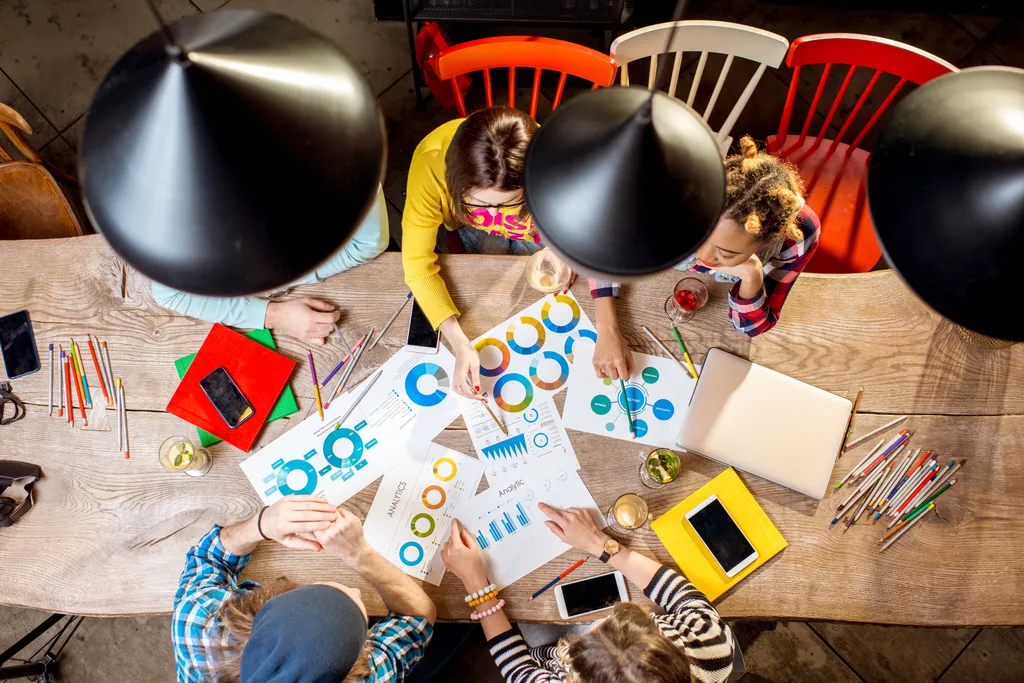
Embracing Curiosity:
People who are constantly learning are eager to learn. Because they are always interested and want to know more, they are always looking for new things to do and learn.
Being Open-Minded:
People who are constantly learning can accept new thoughts, ideas, and ways of doing things if they keep an open mind. When new information or proof comes along, they are willing to change their minds or how they do things.
Pursuing Passion-Led Learning:
Many people who are constantly learning do so because it interests them. It’s more fun to learn this way, and it lasts longer.
Learning from Mistakes:
That kind of person sees mistakes as chances to get better. They understand that making mistakes is an excellent way to learn and can teach them essential things.
Lifelong Commitment:
Lifelong learning is always going on. These people know they need to keep learning new things to grow personally and professionally.
Conclusion
How you live your life can change for the better as you improve your personal growth skills. By improving self-awareness, emotional intelligence, and conversation, we can reach our full potential and form strong bonds with other people. These skills will help you a lot whether you’re trying to get better or are a life guide who helps others. So, make a promise to grow, enjoy the trip, and be open to improving yourself.

